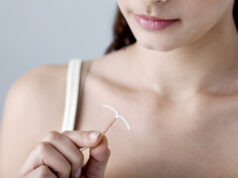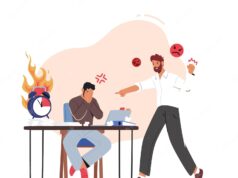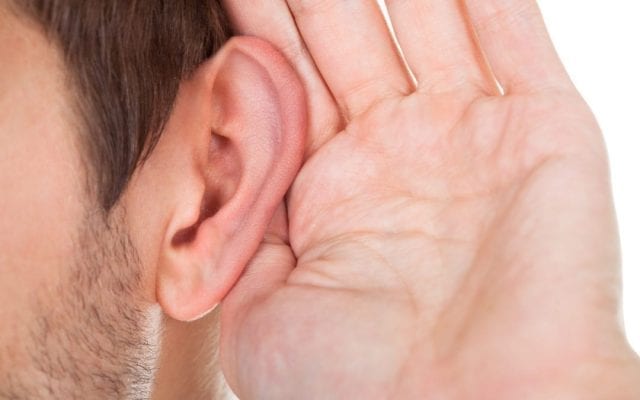
If you or a loved one have suffered hearing damage recently, they may have noticed that simple conversations and easily recognizable sound seem muffled and unclear. They might also have to strain yourself to hear sounds that everyone else seems to have to problems having. They might have a headache and persistent ringing in the ears. But how did they damage their hearing?
Causes of Hearing Damage
Hearing damage is caused by exposure to a dangerous number of decibels. Decibels are unit of noise pressure which, when exposed to too many of them, will damage your hearing. The Occupational and Safety Health Administration (OSHA) recommends that the average person should be exposed to no more than 80 decibels for an 8-hour period. As the number of decibels goes up, the length of time that you can be exposed to them goes down. When you are exposed to too many decibels, your cilia, which are antennae-like structures in your ears will get damaged. Sometimes referred to as “hearing tissue,” cilia are the structures that we use to hear and process sound. When they get damaged, sounds at a normal range can become inaudible or muffled. The worst part about damage to your cilia is that when they are damaged, they don’t regenerate. Thus, once they are damaged in some way, you will lose part of your ability to hear and never regain it.
Types of Hearing Damage
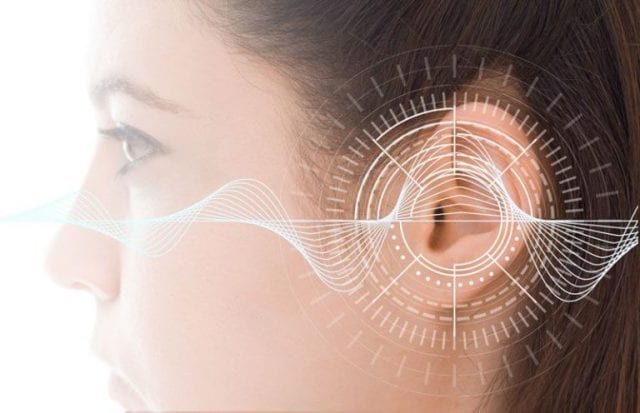
There are two main types of hearing damage. The first type is sudden hearing damage. This hearing damage occurs when you are exposed to a lot of decibels all at once. An example of this is an explosion. There are some famous celebrities who have suffered this type of hearing damage due to a prop exploding too loudly on set. This type of hearing damage is very hard to avoid as it usually involves a freak accident. The other type of hearing damage is gradual hearing damage. This hearing damage occurs when you have been exposed to many decibels over time. Examples of this include working with a jackhammer for more than eight hours a day, playing a loud instrument, or listening to the radio too loudly. This type of hearing damage is easy to avoid as there is a constant source of decibels that can be limited.
Symptoms of Hearing Damage
If you have either sudden or gradual hearing damage, you might experience tinnitus. Tinnitus is a constant ringing in the ears caused by the malfunction of your cilia. This constant ringing can make you dizzy or give you headaches and might also cause you to have difficulty falling asleep. Noise-induced hearing loss has similar symptoms to tinnitus. While tinnitus is a dull ringing in the hears, noise-induced hearing loss usually has a higher-pitched ringing of the ears. In both the case of tinnitus and noise-induced hearing loss, you will have to spend more energy to focus on hearing someone, which can leave you exhausted.
Treatment and Prevention
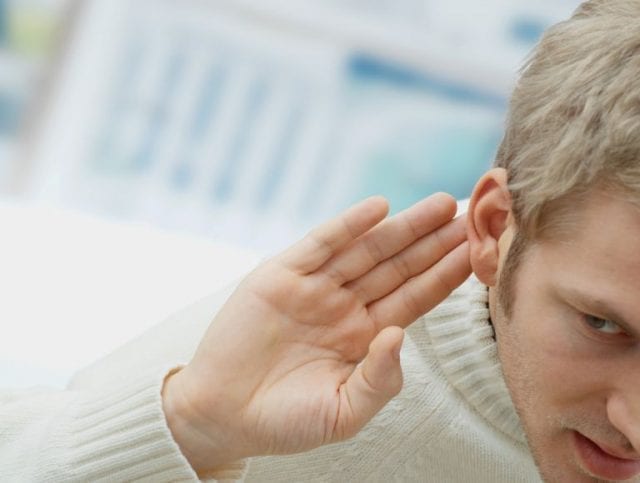
The number one way to treat hearing damage is to get a hearing aid. These hearing aids will amplify the signal of noise to your cilia and will make it easier to hear. There is a problem with this method. It will not work if your cilia have been completely damaged and destroyed, leaving you deaf.The number one way to prevent hearing damage is to get the best hearing protection on the market. These earplugs will allow you to filter sound, will fit snuggly in your ear, and will not cause any discomfort. The best hearing protection on the market will also prevent hearing damage, especially if you are exposed to many decibels on a constant basis. It will preserve your hearing for generations to come. Therefore, you must get the best hearing protection on the market.
In conclusion, hearing damage is easily preventable. When exposed to many decibels, the best hearing protection must be worn. If you’ve already suffered hearing damage, then you might need to wear a hearing aid. Hearing damage will also cause ringing in the ears. Hearing damage is avoidable, so make sure you start healthy hearing practices today.
Visit bigearinc.com more information.

